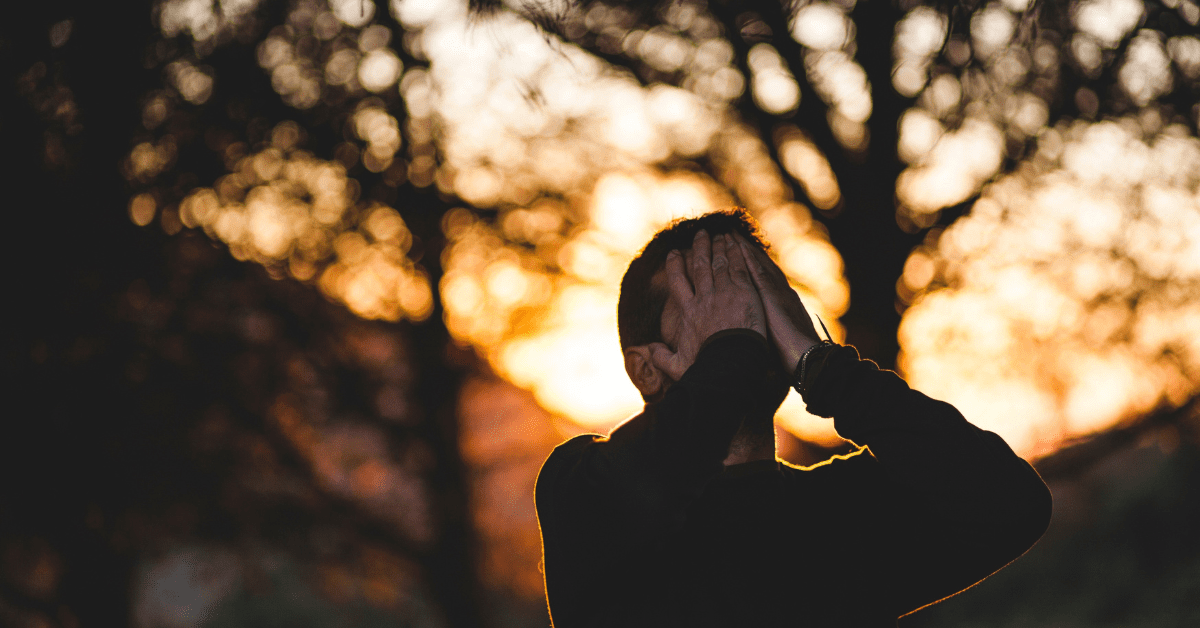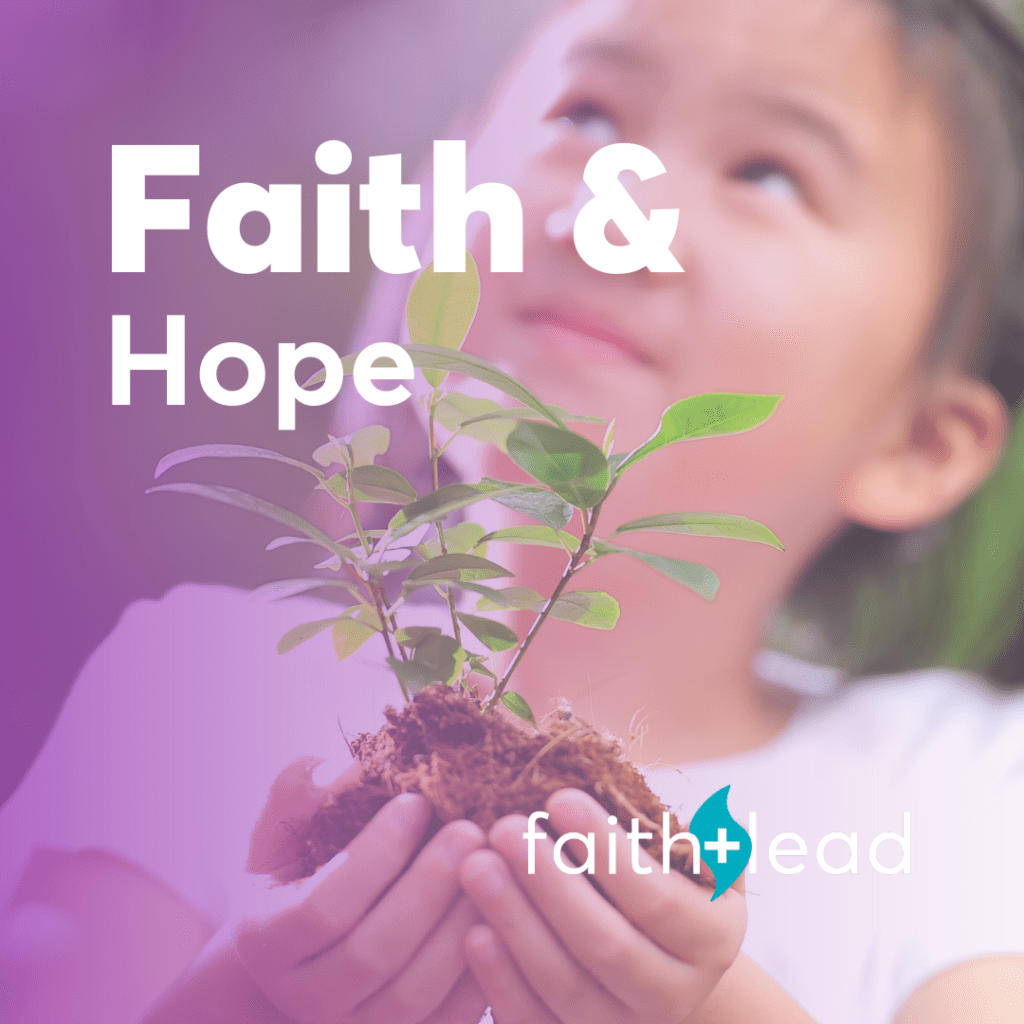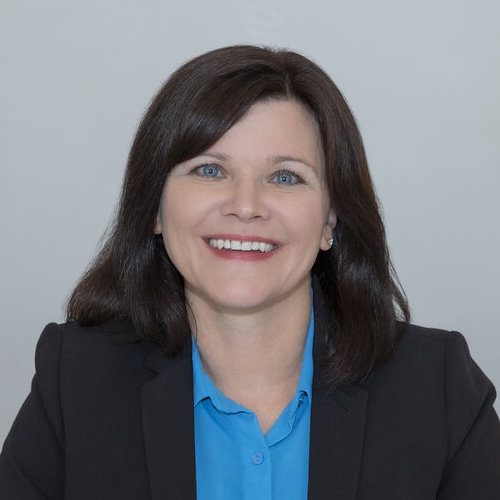Advent traditionally is a time of waiting, anticipating, and hoping. Throughout my life, hope has been a huge foundational block in my faith. Hope was the vehicle that God used to draw God’s people into the future of God’s design, hope was what the Israelites clung to while waiting for prophecies to come to pass. Hope was what you passed on, was what you walked with, was what you clung to when all else was falling to pieces. Hope that God is making something new even right now. Hope that all was not lost. Hope in the Lord of the resurrection who takes the broken bits and shards of our lives with its best intentions and worst actions, hope that in the hand of God—so far beyond our understanding and so wrapped in mystery—the pain means something, that something lifegiving is afoot. That a river is being made in the desert.
Boundaries
As I grew older, hope became solidly centered in the Triune God, not in other people. I could hope someone would take a particular action. I could hope a specific outcome would happen; I could hope that good would prevail but experience started teaching me that hoping in this way was too passive. Hoping someone would treat me with respect without me clarifying my boundaries felt like it involved wishing and a lot of hand-wringing. It might work out but each time it did felt like I’d just careened down icy mountain switchbacks with bald tires; it might work but you know at the bottom of the mountain as you shake and thank God you didn’t tumble over the edge you were just sliding the whole way and that isn’t a strategy that provides consistent or long-term effectiveness. Hoping this way asked me to be less of who God was creating me to be and not more. Each of us get to have life-giving limits and boundaries.
I thought I understood hope. Until the spring of 2021 when I learned sometimes and in some ways, hope has to die. While uncertainty and COVID and “all the things” that test the limits of collective and individual resilience, I had an experience that can only be described as an event that rearranged the tectonic plates of my reality forever. The details of this event may be shared at another time but the main point is that I prayed this change wouldn’t be, I prayed harder and with more earnestness and fervor than I ever had, I cried with trusted spiritual advisors as we rearranged my theology and clarified how God was calling me to show up in love, I went on long walks with those close to me in which hard truths were spoken in deep tenderness. There was so much struggle and grief. Why did the path of life need to lead deeper into the valley of the shadow of death? And where was the bottom of that valley? Denial called to me, anger and blame wanted to pepper my words, depression and inaction wanted to be my escape.
Relinquishing control
The wheels were falling off of life as I knew it and all the hope in the world that God would create another way that still was a path of life … needed to die.
At the bottom of the valley of the shadow of death, I had sorrowful peace that if I was going to hike out of this place of death, hope had to die. There was no other way. Everything that I had hoped would come to pass, everything I had imagined would be the future, everything I hoped could happen to avoid others’ judgment and potential rejection, to contain the loss, all had … to die.
Sometimes hope has to die so we can see, welcome, and trust the new thing God is doing. In the deepest part of that valley, I knew that hoping in the way I had was binding me to the past and if my heart was going to be completely in the present and future, that hope had to die. If I was going to be able to look back on this season of life from the vantage point of 12 months down the line, or 5 years, or 10, or a lifetime, without shame but with peace that the good fight was fought, my hope of how I wanted God to work had … to die.
That was hope wedded with anxiety, fear, and grief.
Sometimes hope has to die because that type of hope has a modicum of control in it. That type of hope clings so tightly to what I want. What I believe will make life better. What I want to avoid. What outcome I want to ensure.
If I could just convince God of that …
I thought, like Peter, that maybe I could just convince Jesus there was a way to new life and resurrection other than going to Jerusalem.
When I let hope die, I relinquished the desire to control the outcome.
The peace of Christ
But when hope died, peace arrived. The peace of Christ that is hard fought for and hard won through his death and resurrection.
It still felt like the wheels were falling off the bus and there was an entirely new set of worries but my hands were open. My heart was open. I believe I showed up better for those who were also in the struggle. It was still incredibly hard but we weren’t pulling against each other, we were pulling together.
We began climbing out. Over jagged ground, still uncertain of our footing, but God showed us the next steps to take.
Now, I know the peace of Christ which passes all understanding, cruciform joy, and trust in God’s grace and providence in a depth I haven’t known before. I thank God for that. I thank God for all the new life that has come. And so much beautiful new life in Christ has come. Rejoicing and thanksgiving that was not easily won are in my heart. I know in my bones if I had held onto my hope of what would be, we would still be in the depths of that pain, at the bottom of the valley of the shadow of death.
Sometimes hope has to die because it is the only way for new life in Christ to come.
Reflect:
When has this path of letting go of your specific hopes been true in your life?
Who have you shared that journey with?
What opens in your relationship with God when specific hopes have had to die?
Action step: Find a support group for the specific issue you are facing. Sometimes strangers who “get it” are the support you need.Who can help you navigate the valley of the shadow of death? Who are your mapmakers? Who can guide you? Who will carry your burden? It may be people you assume will show up for you in the way you need. And it may not—and that’s okay. In the valley, we need companions who don’t look away from our pain but who will hold it to transform it.




